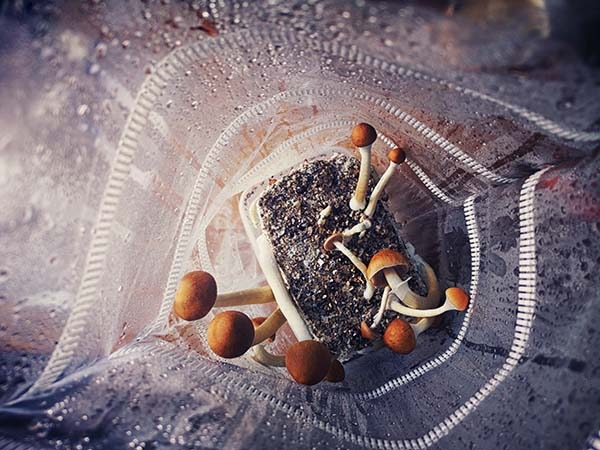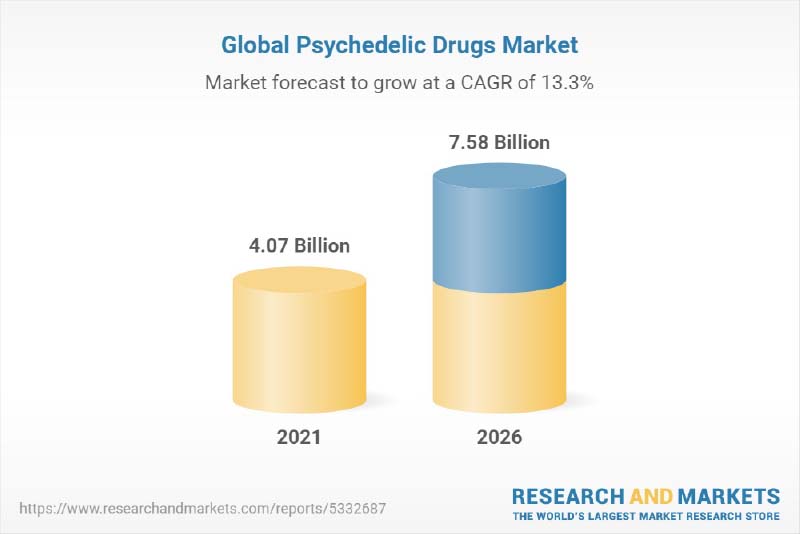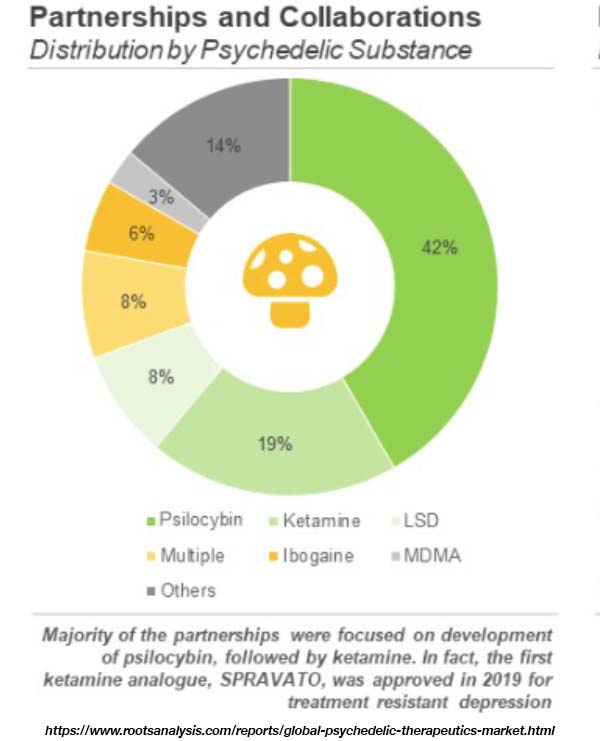A Booming Industry
The psychedelics space is booming.
Over the past few years, startups focused on turning psychedelic compounds into approved medicines have raised hundreds of millions of dollars from private investors and dozens have gone public. Research on compounds like psilocybin, the active compound found in magic mushrooms, and MDMA is resurfacing after years of neglect amid the war on drugs.
As companies get closer to receiving approval from the Food and Drug Administration to bring their psychedelic treatments to patients, they’ve also been planning out their patent strategies to carve out their share of the market.
VCs have deployed millions into psychedelics startups
Venture-capital investors have been at the center of the psychedelics boom. In early 2020, startups in the space said they were beginning to see signs that investor appetite was growing. Then, we saw a flurry of activity, which one industry exec called a “psychedelic renaissance.”
Soon, VC firms focused on psychedelics companies specifically began to emerge. Insider’s list of the top 11 venture-capital investors in the space collectively deployed $139.8 million into startups in just a few short years.
They also gave us their predictions for the coming months. Some told us that biotech giants were looking to get into the space, while others predicted a boom in tech companies and clinics that would lay the groundwork for when medications come to market. We can also expect to see new compounds and a slew of startup failures, they said.
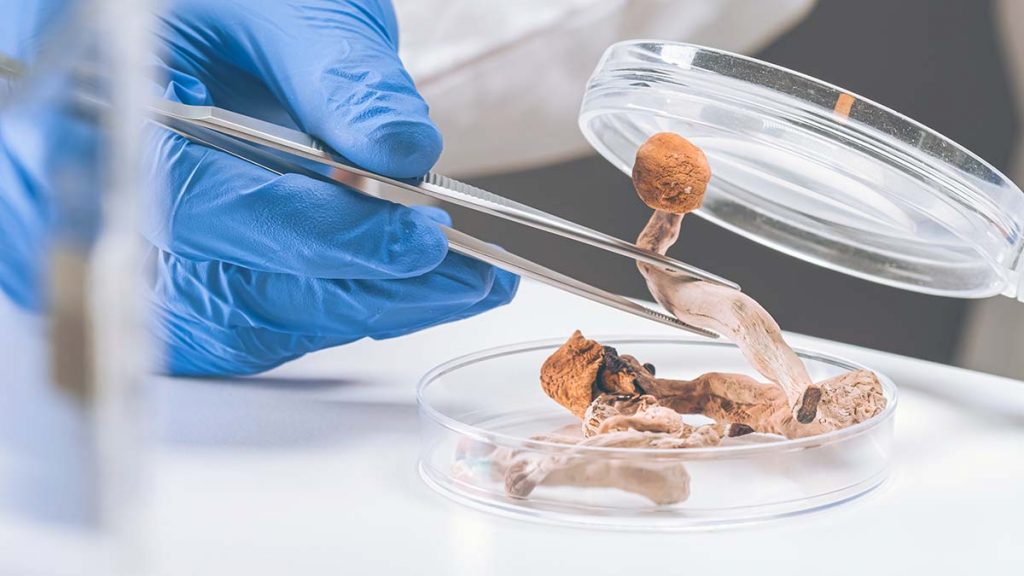
MARKET GROWTH
The psychedelic drugs market is expected to gain market growth in the forecast period of 2021 to 2028. Data Bridge Market Research analyses that the market is growing with a CAGR of 13.3% in the forecast period of 2021 to 2028 and is expected to reach USD 7.58 billion by 2028 from USD 2.82 billion in 2020 and USD 4.07 billion in 2021. The rising prevalence of mental depression and anxiety and availability of off-label drugs are the major drivers which have propelled the demand of the psychedelic drugs market in the forecast period.
U.S. Government Funding
The National Institutes of Health is helping to fund a Johns Hopkins study looking at whether the psychoactive chemical could help people quit smoking.
In fall 2021, the United States federal government granted researchers funding to study the therapeutic potential of a classic psychedelic for the first time in 50 years. The National Institutes of Health granted Johns Hopkins Medicine, in collaboration with University of Alabama at Birmingham and New York University, $4 million to investigate if psilocybin — one of the primary psychoactive ingredients in psychedelic mushrooms — can help people quit smoking.
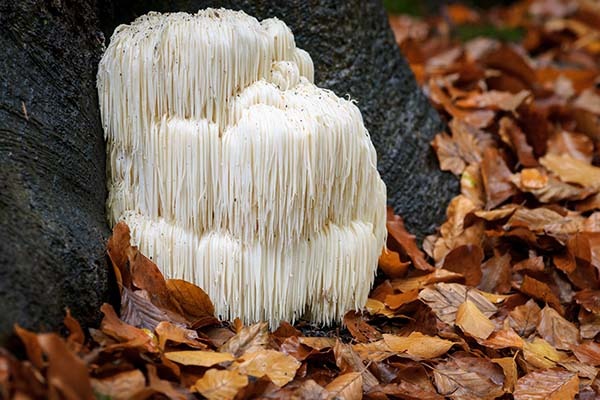
However, in a promising development, during a Senate budget hearing in May, former NIH director Dr. Francis Collins said NIH and the agencies that fall under it will “want to have a hard look” at the promise of psychedelic compounds for mental health.
There’s been some movement in Congress, too. In 2021, Plant Medical Coalition met with more than 100 Congressional officers and laid the groundwork for the first-ever psychedelic caucus, which would help get the funding approved in the future.
